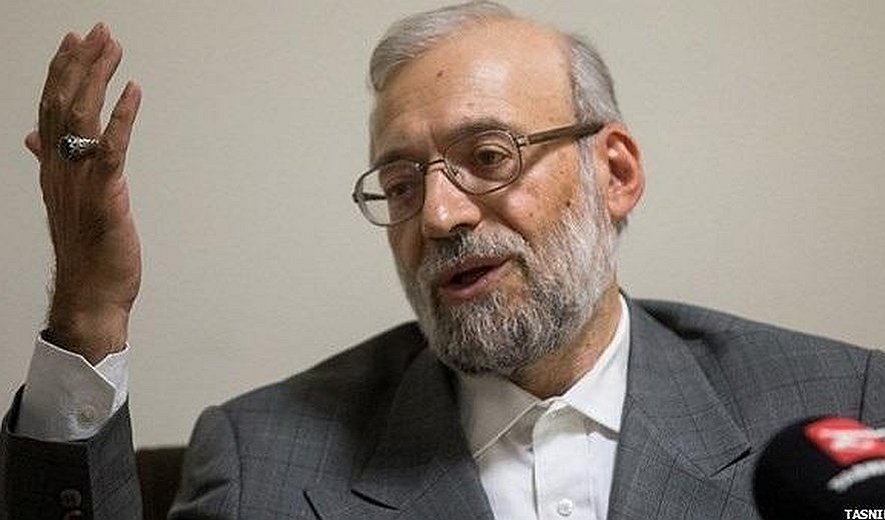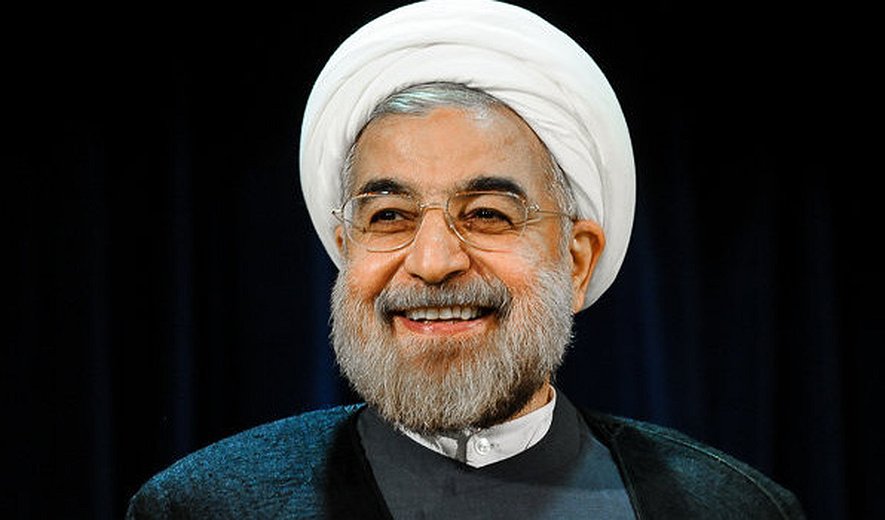Mohammad Javad Larijani: Death Penalty Does Not Deter Drug Crimes

Iran Human Rights (DEC 31 2015): Mohammad Javad Larijani, Secretary General of the Iranian Supreme Council for Human Rights, has once again announced that the death penalty does not deter drug crimes in Iran.
According to Iranian news media ISNA, during a recent speech at the third annual seminar of Iranian students and alumni for the Department of Energy in Tehran's Sharif University, Larijani said: "Since 93% of the executions in Iran are for drug offenses, I have concluded that the death penalty does not deter drug crimes...and the death penalty needs to be reviewed."
Around this time last year, Larijani had reportedly made remarks that changing the law in Iran regarding the death penalty could reduce the number of executions by 80 percent. Earlier this month, seventy members of Iran's Parliament had presented a proposal calling on an end to the death penalty for unarmed drug offenders.
In November of this year, Iran's President Hassan Rouhani had defended the death penalty for drug offenses to an Italian newspaper: "Most executions in Iran are related to drug trafficking crimes, due to the long and porous border shared with our Afghan neighbour. If we abolish the death penalty, we would make it easier for drugs to be trafficked to European countries, and that would be dangerous for you."
Reacting to Larijani's recent comments regarding the death penalty, Mahood Amiry-Moghaddam, the spokesperson for IHR, says: "Last year Mr Larijani had also admitted that executions don't reduce drug crimes, but still, in 2015 several hundred people were executed in Iran for drug offenses. International pressure is needed to make Iranian authorities limit the use of the death penalty for drug offenses."


